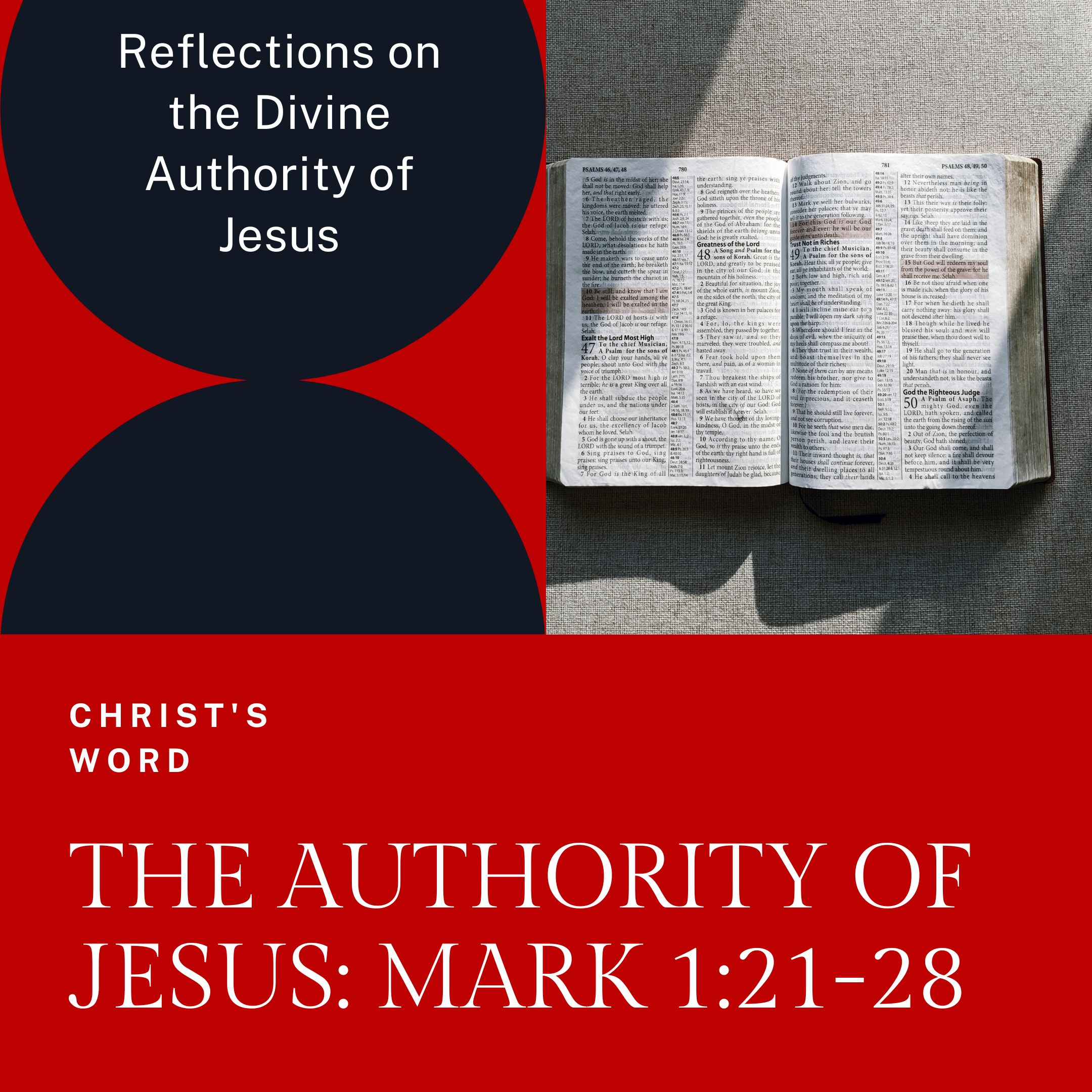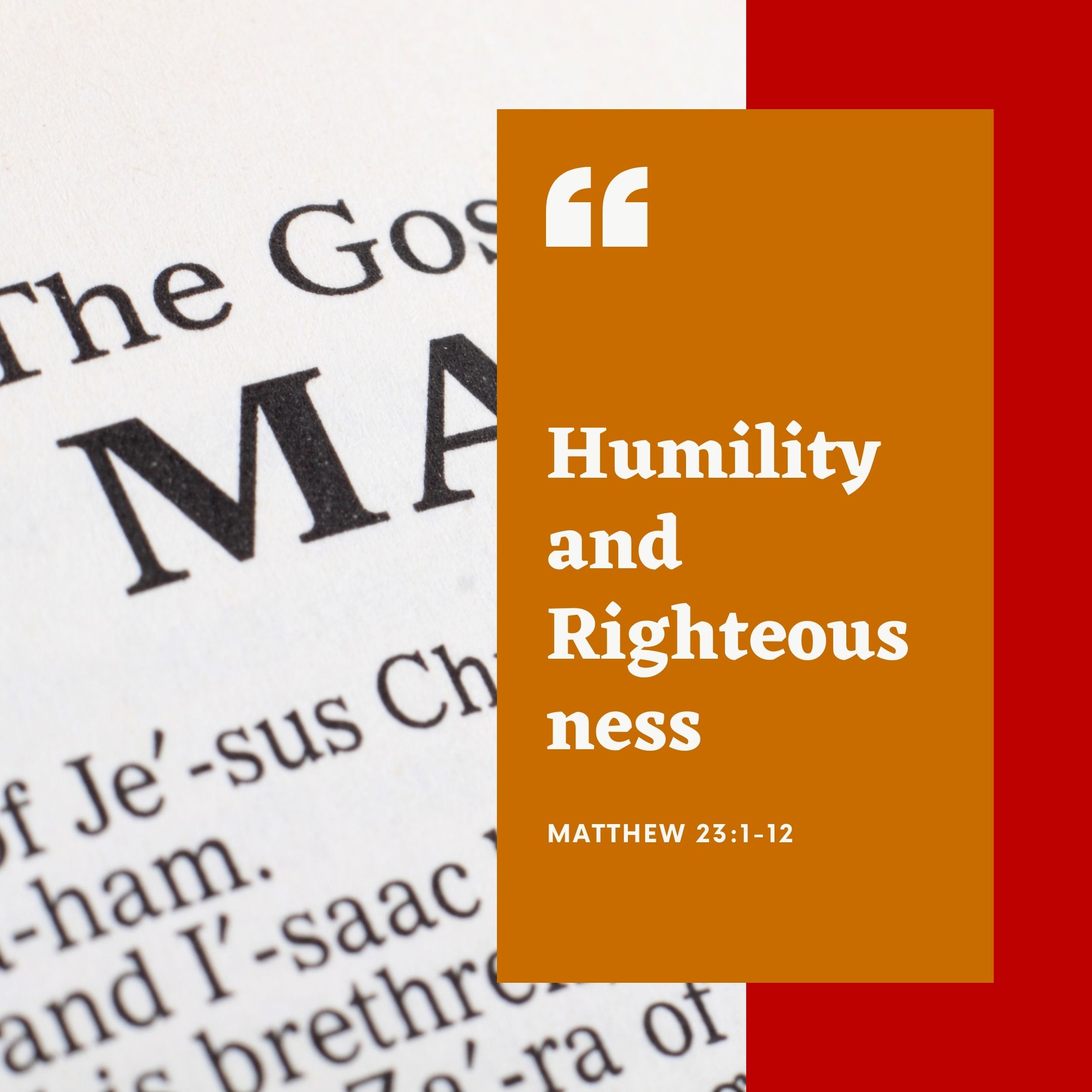In the Gospel of Matthew, Chapter 25, verses 1-13, we encounter the parable of the wise and foolish virgins—a narrative that speaks to us across the centuries, carrying profound lessons about spiritual preparedness and vigilance. This parable, often regarded as a call to readiness, invites us to explore its timeless wisdom.
The Parable Unfolded
The parable begins with the image of ten virgins, five of whom are described as wise and five as foolish. They all carry lamps, symbolizing their faith, and await the arrival of the bridegroom. The wise virgins bring extra oil for their lamps, while the foolish ones do not.
As they wait, the bridegroom is delayed, and all ten virgins fall asleep. Suddenly, at midnight, a cry rings out, announcing the bridegroom’s arrival. The virgins wake up and trim their lamps, but the foolish ones realize their lamps are running out of oil. They ask the wise virgins for some, but they are advised to go and buy more.
While the foolish virgins are away buying oil, the bridegroom arrives, and the wise virgins enter the wedding feast with him. When the foolish virgins return and knock on the door, they are met with the heartbreaking response: “I do not know you.”
The Message of Readiness
This parable, like many of Jesus’ teachings, holds layers of meaning, but at its core lies a message of readiness and spiritual vigilance.
1. Preparedness for the Unknown: The delay in the bridegroom’s arrival symbolizes the unpredictable nature of the coming of God’s kingdom. Just as the virgins did not know when the bridegroom would come, we do not know when Christ will return. The wise virgins’ preparedness reminds us to be ready for the unexpected.
2. The Symbolism of Oil: Oil often represents the Holy Spirit in biblical symbolism. The wise virgins’ extra oil signifies a surplus of faith, a deeper connection with God, and a reliance on the Holy Spirit. The foolish virgins, lacking this surplus, find themselves unprepared.
3. The Consequences of Unreadiness: The stark ending of the parable—the bridegroom’s rejection of the foolish virgins—underscores the seriousness of spiritual unreadiness. It serves as a warning that being unprepared for God’s kingdom may lead to exclusion.
4. A Call to Spiritual Diligence: The parable encourages us to nurture our faith continually, to remain vigilant, and to be spiritually prepared for whatever may come our way. It reminds us that our faith journey is not a one-time event but a lifelong pursuit.
5. Grace and Accountability: While the foolish virgins missed the opportunity to enter the feast, it’s important to note that the parable does not exclude the possibility of grace and redemption. It emphasizes that each individual is accountable for their preparedness.
Conclusion: Living as Wise Virgins
Matthew 25:1-13 challenges us to live as the wise virgins—ready, vigilant, and spiritually prepared. It beckons us to cultivate a deep and enduring faith, relying on the guidance and empowerment of the Holy Spirit.
In our own spiritual journeys, we must ask ourselves: Do we carry an abundance of oil in our lamps, signifying a rich and enduring faith, or do we risk spiritual unreadiness? The parable serves as a call to action, a reminder that our faith is not passive but active, not momentary but continuous.
May we heed the lessons of the wise and foolish virgins, ever watchful, ever ready, and ever receptive to the grace and guidance that sustain our faith on the path to God’s eternal kingdom.






